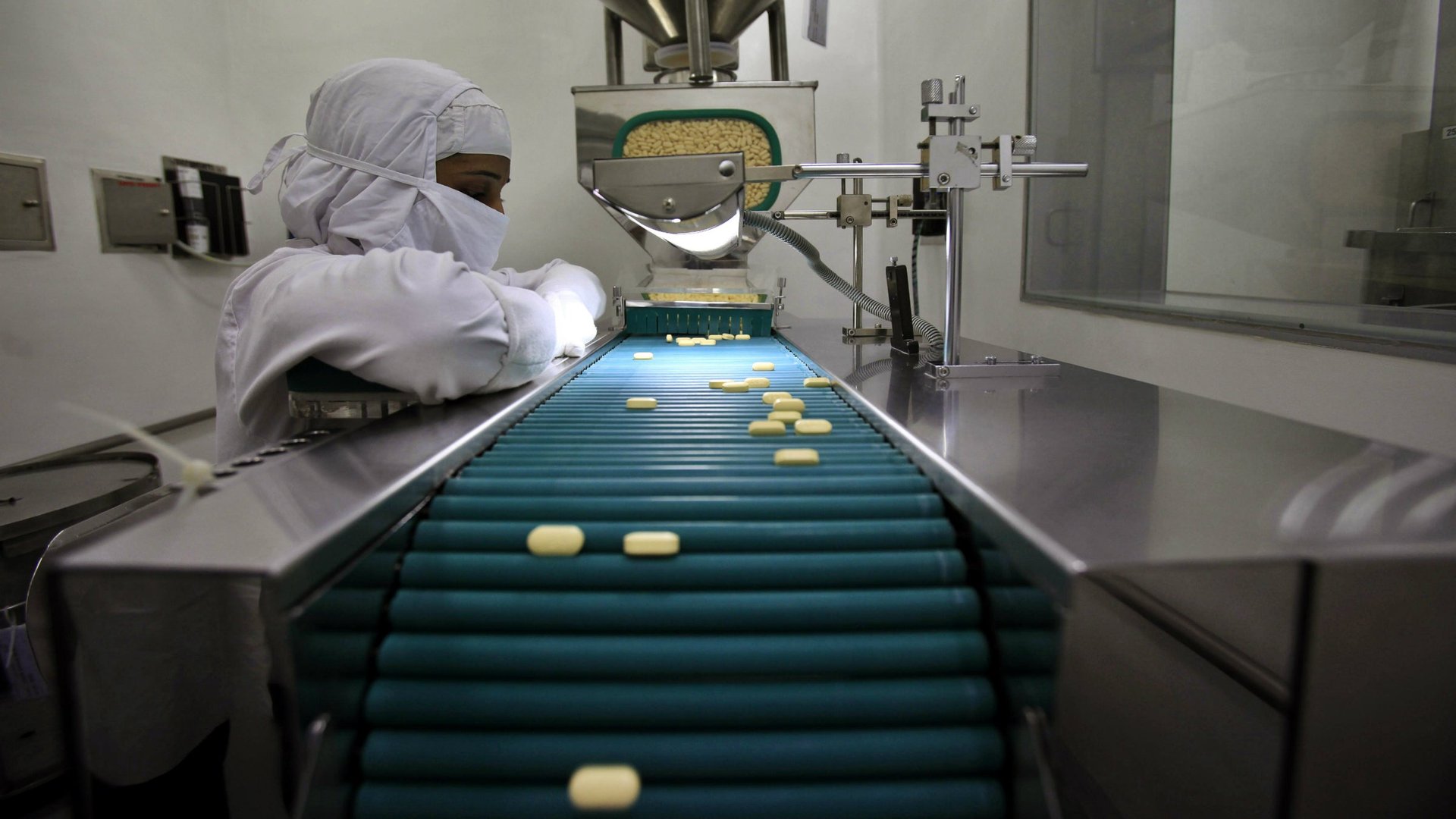Ranbaxy settlement shows whistleblowing pays, but that’s probably not enough to make generic drugs safer
If there was a winner in the multi-year legal fight between US authorities and Indian drug maker Ranbaxy, it was far more likely to be the whistleblower and ex-director Dinesh Thakur, than the US consumer.


If there was a winner in the multi-year legal fight between US authorities and Indian drug maker Ranbaxy, it was far more likely to be the whistleblower and ex-director Dinesh Thakur, than the US consumer.
Thakur earned $48.7 million, plus expenses and legal fees, for his part in drawing a guilty plea from Ranbaxy. The company knowingly operated with sub-par safety standards at two factories in India and lied to US authorities about it. The US Department of Justice (DOJ) slapped the company with $500 million in civil and criminal fines, the largest-ever such penalty against a generic pharmaceutical company.
The generous reward offered to Thakur followed legal guidelines, but seems substantial due to his status as an individual and the sheer size of the fine. It is certainly a great incentive to other would-be whistleblowers in the generic pharmaceutical industry, which operates mostly out of India and China.
The publicity surrounding Ranbaxy’s settlement will likely reinforce US consumers’ mistrust of generic medicine. Though around 75% of prescription medicines sold in the US are generics, the US government has struggled to enforce quality control measures over generic drug companies operating abroad, after several high-profile cases, including Ranbaxy’s recall of its Lipitor generic last November, stirred public outrage.
Drug pricing is, of course, a highly contentious issue. Pharmaceutical companies justify expensive drugs by pointing to years of costly research and development invested in their creation. Consumer groups and developing countries, meanwhile, point out that cheaper copycat drugs extend access to those who can’t afford the branded originals.
The Indian Supreme Court agrees. Just last month, it ruled in favor of allowing the sale of a generic version of a leukaemia drug made by Novartis called Gleevec. The generic version costs only about $2,500 a year rather than $70,000 for the original version, reports the New York Times. That decision may help boost the 19% share of Ranbaxy’s business that currently comes from its home market, as well as a good chunk of the 21% that comes from emerging markets (that compares with North America’s 43% and Europe’s 21%).
With generic drug companies like Ranbaxy tapping fast-growing demand outside of developed markets, it’s clear that generic drugs are here to stay. The question, though, is whether the DOJ victory—and its willingness to cut the whistleblower such a tidy sum—will do anything to lessen the temptation to cut corners, as Ranbaxy did, in order to make drugs for less.